Latest Guide 2025: Grain Free Dog Food for Dogs With Allergies
Grain free dog food for dogs with allergies can ease symptoms when grains are the trigger, but it is not the universal fix—proper diagnosis and a balanced formula matter most.
Many dog owners see their pet scratching, chewing paws, or having loose stools and wonder if grain is the culprit. That constant scratching affects sleep, play, and overall mood for both dog and owner. The solution is a careful, evidence-based approach: work with your vet, try a limited-ingredient or novel-protein grain free formula, and monitor for real improvement. This guide walks you through why grain free diets help some dogs, the vet concerns you should know, and how to pick the best grain free dog food for dogs with allergies.
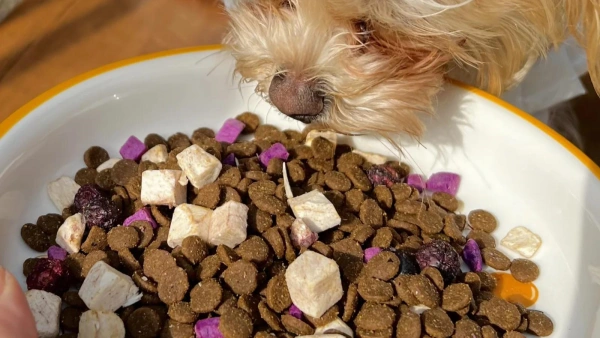
Is Grain Free Good for Dogs with Allergies?
Yes—if your dog is truly allergic to grains, a grain-free diet can reduce skin and gut symptoms.
What Is a Grain Allergy?
True grain allergy is uncommon.
Protein allergies (chicken, beef) are more common than grain allergies.
Symptoms include chronic itching, ear infections, and gastrointestinal upset.
When Grain Free Helps
Helps dogs sensitive to wheat, corn, or soy.
Often part of an elimination trial under vet supervision.
Works best when combined with novel proteins and simple ingredients.
When Grain Free May Not Help
If protein causes the allergy, removing grains won’t fix it.
Some dogs do well on whole-grain diets; grains alone aren’t always harmful.
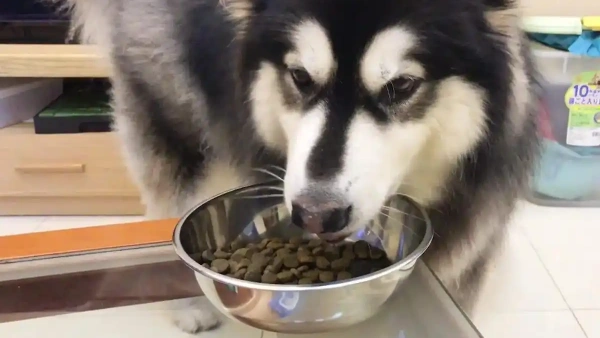
Why Do Vets Not Recommend Grain Free Dog Food?
Some vets are cautious because studies linked certain grain-free formulas to heart issues (DCM) in some dogs, often when diets were unbalanced.
What Is the DCM Concern?
DCM = Dilated Cardiomyopathy, a serious heart condition.
FDA identified possible links in a subset of dogs on certain grain-free diets.
Risk appears tied to nutrient imbalance (taurine, amino acids), not grains per se.
How Vets Evaluate Diets
Vets recommend AAFCO-complete formulas or vet-formulated diets.
They look for adequate taurine, methionine, and overall protein quality.
They prefer transparent ingredient lists and third-party testing.
Practical Vet Advice
Do not switch diets without a reason and monitoring.
Consult your vet if your dog shows weakness, cough, or fainting.
Regular checkups and bloodwork help catch issues early.
What To Feed a Dog With a Grain Allergy?
Feed a limited-ingredient, grain-free diet with a novel, high-quality protein and safe carbohydrate alternatives.
Best Ingredient Choices
Novel proteins: salmon, lamb, venison, duck.
Carb alternatives: sweet potato, pumpkin, squash.
Avoid: wheat, corn, soy, and common protein repeats if suspected.
Commercial vs Homemade
| Type | Pros | Cons |
|---|---|---|
| Commercial (AAFCO-certified) | Balanced nutrition, convenience | Some fillers; quality varies |
| Homemade | Full control over ingredients | Risk of nutrient gaps without guidance |
Transition Steps
Switch gradually over 7–10 days.
Track stool, coat, and itch levels in a food diary.
Follow up with your vet after 4–8 weeks.
What Is the Healthiest Grain Free Dog Food?
The healthiest grain-free food uses real meat as the first ingredient, includes omega fatty acids, and is formulated to be complete and balanced.
Key Nutrient Markers
High-quality animal protein first.
Added omega-3 and omega-6 for skin health.
Appropriate taurine and amino acid profile.
How to Read Labels
Look for named meats (e.g., "salmon") not vague "meat meal."
Check for "complete and balanced" and AAFCO statement.
Avoid diets with legumes listed as top three ingredients if concerned.
Signs a Food Works
Reduced itching and fewer ear infections.
Smoother, shinier coat.
Firm, regular stools and steady energy.

Everything Our Vets Recommend
Grain Free Dog Food for Dogs With Allergies - FAQs
Is grain-free food always better for allergic dogs?
No. It helps when grains are the proven trigger. If protein is the trigger, grain-free may not help.
How do I test if my dog has a grain allergy?
Use an elimination diet under vet supervision. Remove grains for 8–12 weeks and monitor symptoms carefully.
Can puppies eat grain-free diets?
Yes, but only feed a formula labeled for growth and follow vet guidance to ensure developmental nutrients are met.
Are legumes bad in grain-free dog food?
Not always. Legumes can be good carb sources, but diets heavy in legumes should be chosen carefully and monitored.
Which is the best grain free dog food for dogs with allergies?
Choose a limited-ingredient, vet-recommended brand with named meat, omega fatty acids, and an AAFCO statement. Trial multiple options if needed.
Conclusion
Short summary: Grain free dog food for dogs with allergies can be effective when grains are the trigger. Always pair diet trials with veterinary oversight. Choose balanced formulas, monitor results, and keep regular vet checkups to ensure heart and overall health.
Final tips:
Confirm allergies before full diet changes.
Prioritize quality protein and balanced nutrition.
Keep a food and symptom diary for at least 8 weeks.
Consult your veterinarian for bloodwork if switching diets long term.
If your dog shows persistent symptoms, schedule a vet visit and consider a supervised elimination diet to identify triggers and restore comfort.
You May Like:
- Fresh Food for Dogs with Allergies: Mistakes to Avoid
- How Many Cups in a 40lb Bag of Dog Food? Find Out Now
- What Is the Best Protein for Dogs with Allergies? Find Out Here
- Best Dog Food for Allergic Dogs: Vet Picks You Can Trust
User Comments
Does flea treatment kill ear mites too?
Can dogs take human probiotics?
Can dogs have people probiotics safely?
Related Articles
View all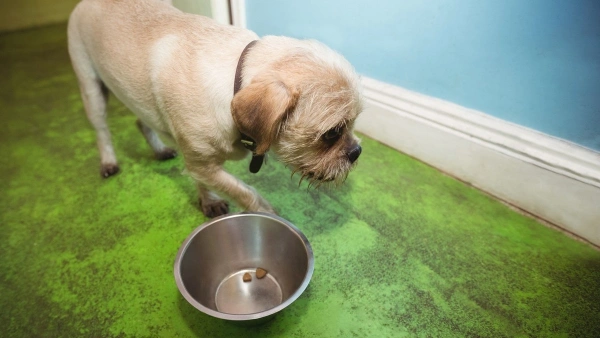
Vet-Recommended Wet Dog Food for Sensitive Stomachs — 2025 Guide

Best Dog Food for Pugs With Skin Allergies That Works

Latest Guide 2025: Grain Free Dog Food for Dogs With Allergies

Fresh Food for Dogs with Allergies: Mistakes to Avoid

Vet-Recommended Wet Dog Food for Sensitive Stomachs — 2025 Guide

Best Dog Food for Pugs With Skin Allergies That Works

Latest Guide 2025: Grain Free Dog Food for Dogs With Allergies

Fresh Food for Dogs with Allergies: Mistakes to Avoid

How Much to Feed a German Shepherd: Mistakes and Fixes Today


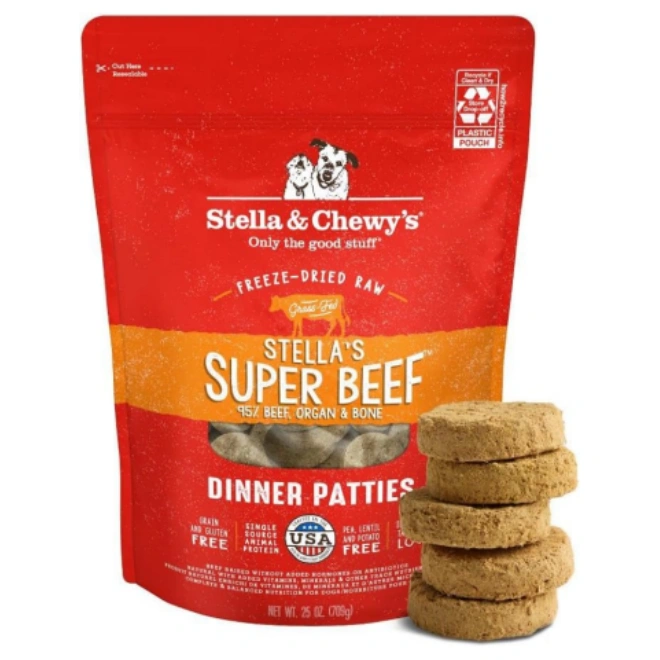
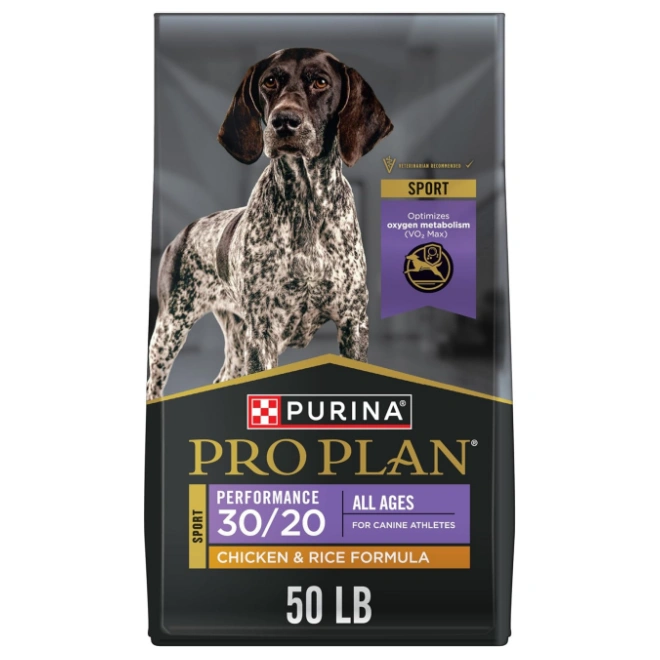
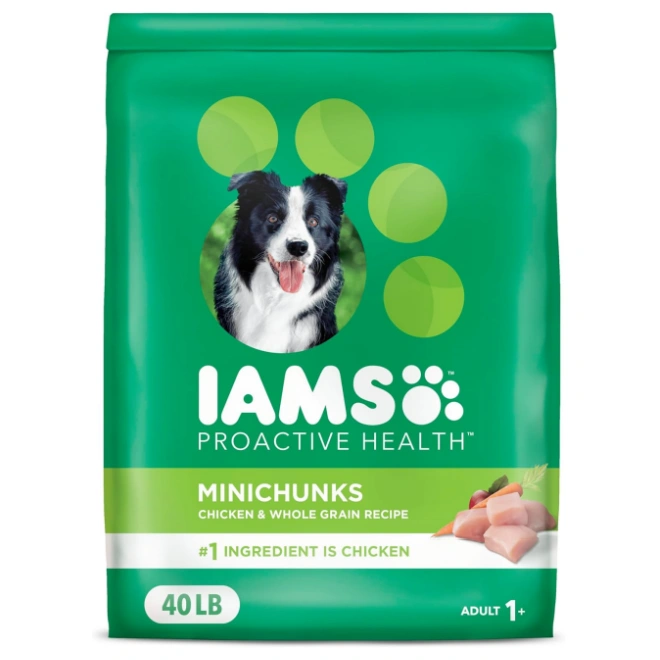
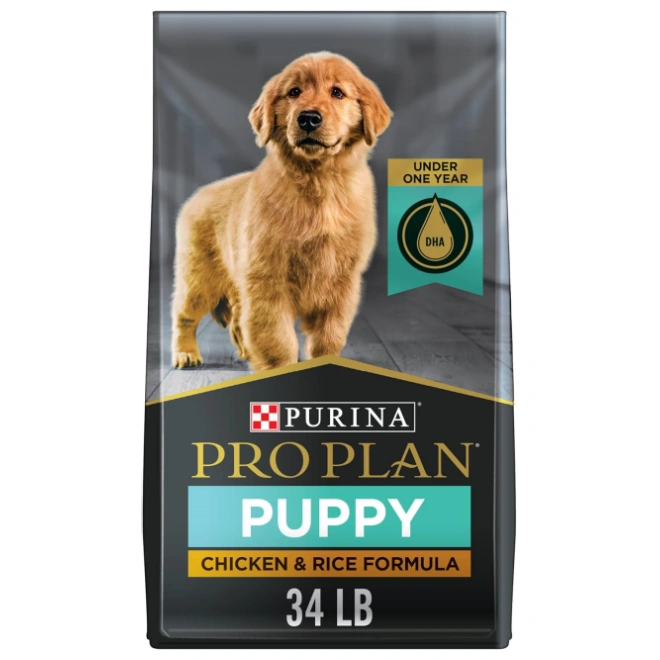








Leave a Reply